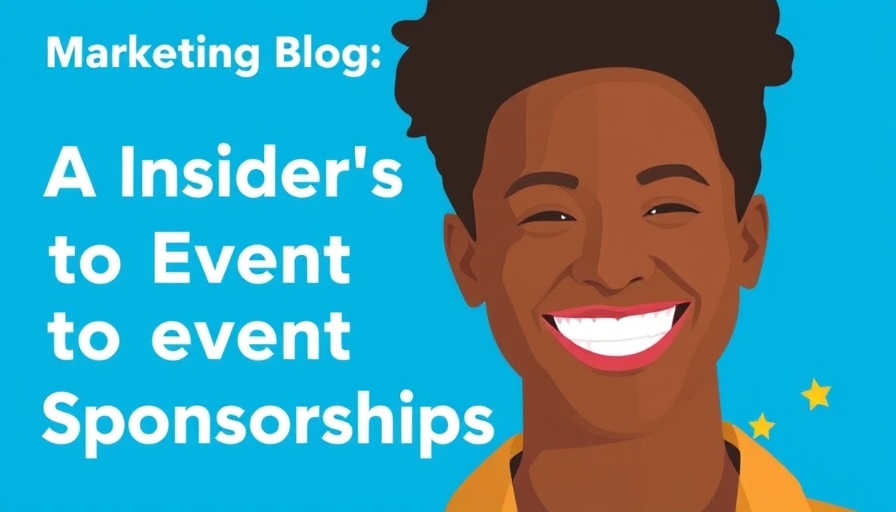
The Power of Event Sponsorships: More Than Just Logos
Event sponsorships are a critical component of a well-planned event, providing necessary revenue and enhancing credibility. Yet, as someone potentially seeking to attract sponsors, you might be wondering: what truly motivates these companies to fork over significant amounts of money?
According to a recent discussion with Elysa Han, an events marketing manager with firsthand experience in spending about $500,000 on various sponsorship opportunities, it boils down to several key factors. This article seeks to offer valuable insights into why companies choose to sponsor and how to attract them, particularly with the shared knowledge derived from a successful company's journey in this sphere.
Understanding Sponsor Motivations: What Drives Decisions
At the core of every successful sponsorship is the desire to meet potential customers face-to-face. The importance of in-person connections cannot be understated. These interactions enable sponsors to gain insights that go beyond what digital analytics can provide. For instance, a handshake or an enthusiastic response during a product demonstration often brings invaluable qualitative feedback.
Moreover, established sponsors often leverage these events to deepen relationships with existing clients. By supporting their clients' events, companies can foster closer ties and enhance their credibility within the industry.
Evaluating Event Opportunities: Key Considerations
To understand how a company evaluates sponsorship opportunities, it’s essential to recognize that not all events are created equal. Size and prestige are not the primary determinants; audience alignment takes precedence. It’s about determining who will fill the seats — their decision-making power, what industries they represent, and how likely they are to convert into paying customers.
Companies like to see the potential for lead generation. If an event caters to enterprise-level decision-makers as opposed to beginners, it can significantly raise its attractiveness—especially for sponsors seeking to make impactful connections.
The Role of Feedback in Sponsorship Decisions
Before committing to sponsorship, companies scour platforms like Reddit and LinkedIn to uncover past attendees' experiences and sentiments regarding the event. Genuine insights from previous editions can help gauge an event's value. In fact, the most credible feedback often comes from those who have attended similar events or even sponsored them previously.
Additionally, the event organizer's approach during preliminary discussions plays a pivotal role. Transparency regarding attendance numbers and responsiveness to sponsorship inquiries can build trust—or break it.
Future Trends: What Lies Ahead for Event Sponsorships?
As the industry evolves, the dynamics of event sponsorship may shift along with changing attendee preferences and technological advancements. Increased emphasis may be placed on integrating digital experiences with physical events—think hybrid formats that offer both in-person and virtual sponsorship opportunities.
Additionally, as younger generations, who value authentic connections and experiences, take up more decision-making roles, companies may increasingly seek out sponsorships that emphasize community building over mere visibility. It will be intriguing to see how this impacts future sponsorship strategies and event formats.
In essence, understanding what sponsors desire from event partnerships is crucial for event organizers aiming to maximize their financial backing and enhance the overall event experience.
 Add Row
Add Row  Add
Add 






Write A Comment